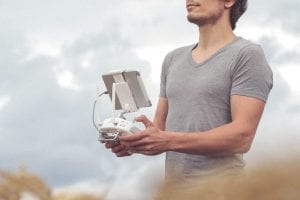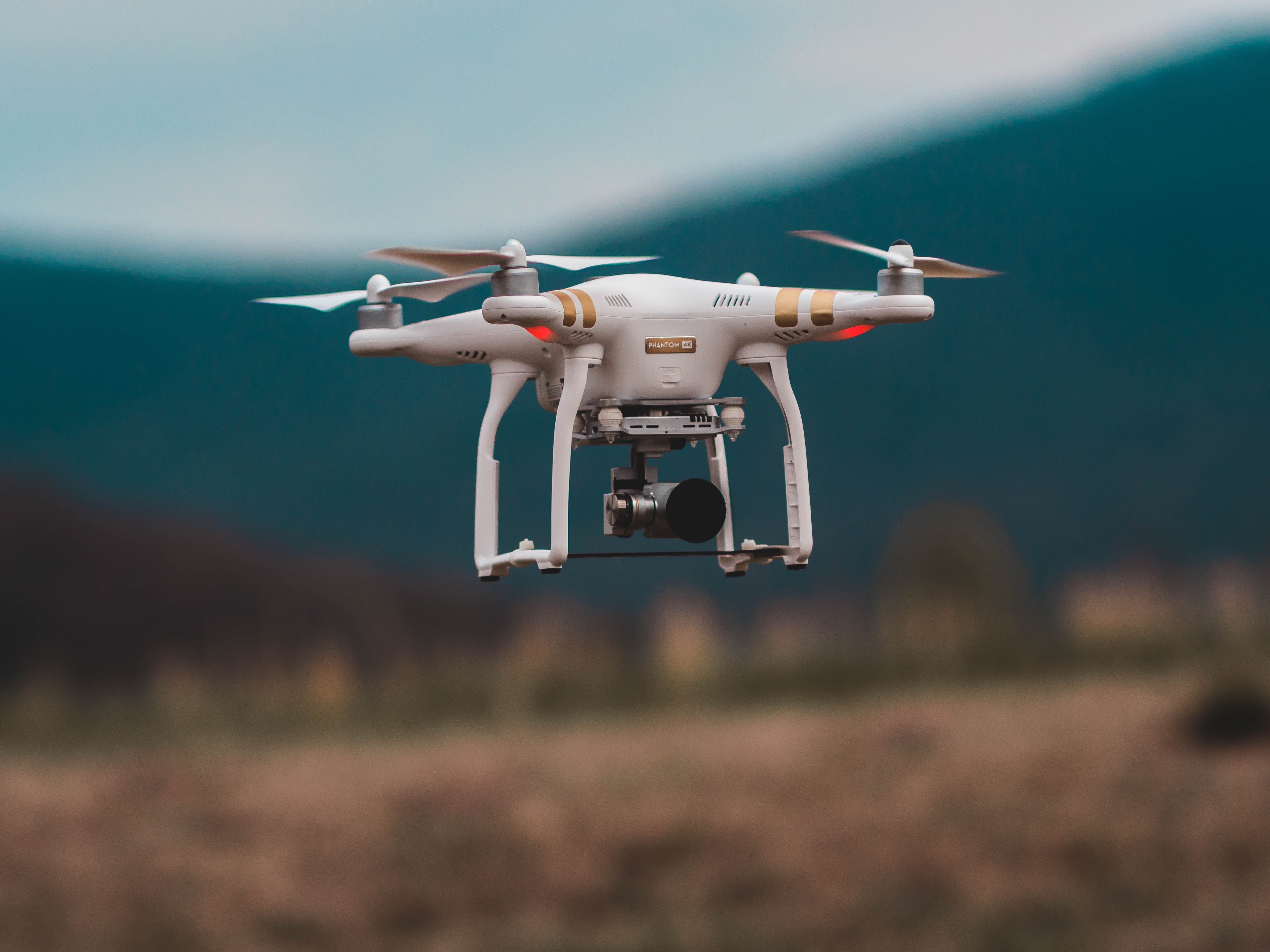Does that mean citizens, law enforcement agencies, and even the government itself have a right to spy on you with the use of drones and other equipment?
Drones that film your every move from above seem like an invasion of privacy, but what does the law say? Learn everything you need to know about aerial or drone surveillance here.
It’s becoming increasingly difficult to balance technological advancements with each person’s right to privacy, and the drone industry is no different. It’s obvious that privacy is expected in your own home or backyard, but how much of a burden does the drone operator have to prevent privacy violations?
According to federal law, airspace is treated in the same way as other public areas like roads, parks, and sidewalks. That means citizens SHOULD NOT have an expectation of privacy from the skies. It isn’t against the law to take photographs and video from a drone or airplane, even if that airspace is directly above your home.
Does that mean citizens, law enforcement agencies, and even the government itself have a right to spy on you with the use of drones and other equipment? The answer largely depends on whether your state has passed laws regarding drones or not. Here are a few states that have passed drone-related legislation:
- Florida: using drones in violation of someone’s privacy is prohibited
- Arkansas: it’s illegal to commit video voyeurism or invade privacy with drones
- California: forbids using drones to record others without consent
- Illinois: Unmanned Ariel System Oversight Task Force Act regulates private and commercial drone use.
- Maine: law enforcement agencies must have a warrant to use dronesMississippi: prohibits the use of drones to spy on another (the act is a felony crime)
- North Dakota: law enforcement’s use of drones is limite
- Tennessee: prohibits drones over prisons and public gatherings
- Texas: it’s against the law to fly drones over any “critical infrastructure facility”
- Virginia: police must have a warrant to use drones for surveillance
If you don’t live in one of the states listed above, then your state hasn’t passed any regulation regarding drones and privacy. Some states have concerns about law enforcement using drone technology, while other states worry that citizens will fly drones over their infrastructure.

Do you live in a state where drone surveillance isn’t a crime? If so, then you may have other options available when you feel the drone is invading on your privacy. You could take your case to civil court. There are two possible avenues you could pursue including:
- A cause of action for trespass
- A cause of action for an invasion of privacy
In both scenarios, you are essentially asking the court to produce an order to stop the drone from bothering you. It’s unlikely you’ll receive any monetary damages, but you may be able to get a court order that prevents the drone from disturbing your privacy. One of the biggest challenges you’ll face is figuring out who is flying the drone in the first place. If you have further questions about how to approach a court case, then reach out to an attorney in your area.
Sources:
https://www.theatlantic.com/technology/archive/2019/08/military-style-surveillance-air-often-legal/595063/
https://consumer.findlaw.com/consumer-transactions/drone-laws-by-state.html


Join the conversation!